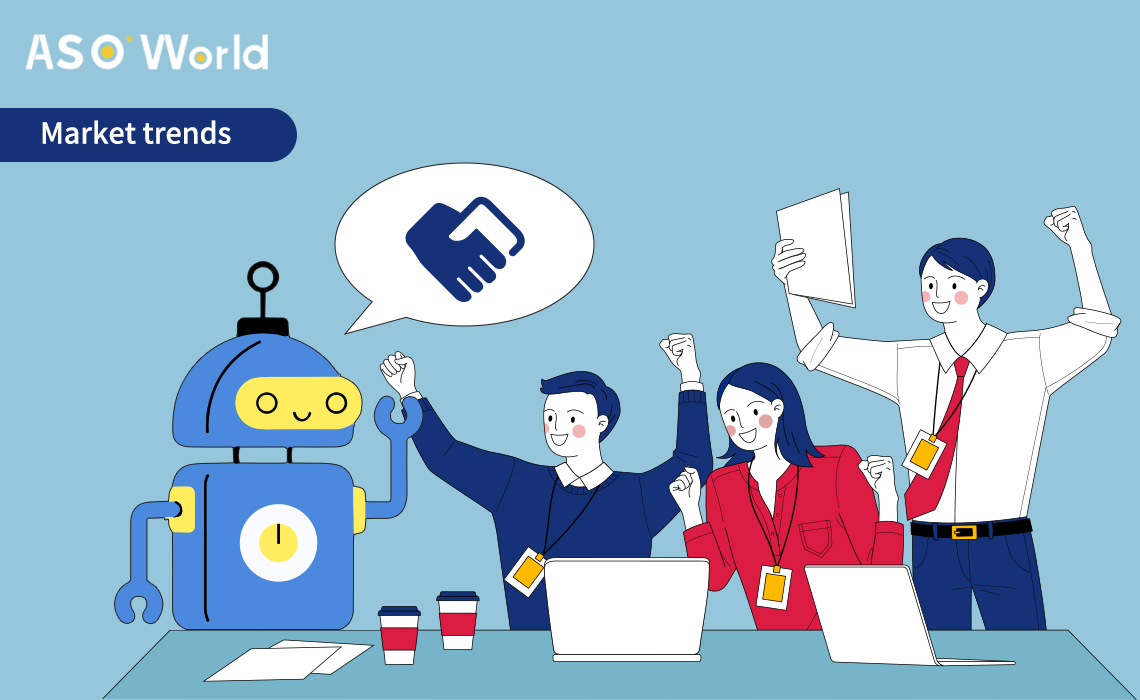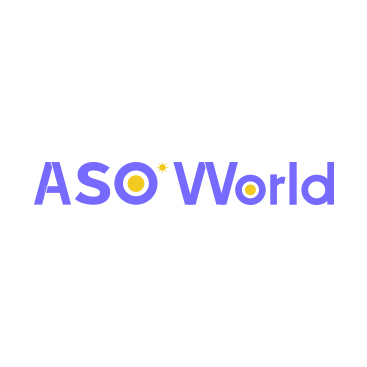The study from MIT's CSAIL injects a dose of reality into the conversation around AI and job displacement, suggesting that the widespread automation of jobs by AI may unfold at a more measured pace than many have predicted.
Unpacking the Economics of AI Automation
Rethinking the AI Job Apocalypse
The MIT CSAIL study confronts the narrative that AI will soon render vast swathes of the population jobless. It posits that, while AI's potential to automate is undeniable, the economic implications are complex and often do not favor the replacement of human labor at this juncture.
Visual Analysis Jobs Under the Microscope
Jobs involving visual analysis, such as quality inspection, are not yet ripe for AI-driven automation when considering the associated costs. This revelation suggests that humans will continue to play a significant role in such tasks for the foreseeable future.
Beyond the Current Scope
The study acknowledges that its findings are based on current AI capabilities and costs, and does not account for the dynamic nature of AI advancements. Future capabilities, especially with models like GPT-4, could shift the economic balance toward greater automation.
The Real Cost of AI in Business
A Closer Look at AI Implementation Costs
The example of a bakery's cost-benefit analysis illustrates the prohibitive costs of AI implementation for many businesses. This economic reality tempers the rush toward replacing human workers with AI in the current landscape.
The Slow March Towards AI Efficiency
The study suggests that the path to economically viable AI automation is longer than previously thought, providing a buffer period for businesses and workers to adapt to the gradual changes AI will bring to the job market.
AI's Influence on App Marketing
The Emergence of AI in Marketing Strategies
While the study focuses on the economic viability of AI in automating jobs, it's worth noting that AI is already reshaping certain industries, such as app marketing. AI-driven tools are capable of analyzing vast datasets to optimize marketing strategies, personalize user experiences, and predict consumer behavior with increasing accuracy.
Cost-Effective Marketing Solutions
In the realm of app marketing, AI is proving to be a cost-effective solution for tasks like ad targeting, content creation, and customer segmentation. These tools can enhance the efficiency of marketing campaigns, potentially leading to higher conversion rates and better user retention.
The Future of Marketing Professionals
However, the impact on marketing jobs is nuanced. While AI can handle data-heavy tasks, the creative and strategic elements of marketing still heavily rely on human insight. Marketing professionals are likely to find their roles evolving, working alongside AI to leverage its analytical strengths while contributing human creativity and strategic thinking.
Trend Analysis and Future Outlook
Evaluating the Pace of Change
The MIT CSAIL study's findings suggest a gradual transition toward AI automation, providing time for adaptation. This slower pace is mirrored in the marketing industry, where AI is becoming a tool for enhancement rather than replacement.
The Potential for Cost Reductions
As AI becomes more sophisticated and less expensive, its adoption across various sectors, including app marketing, is likely to increase. This trend will necessitate a reevaluation of job roles and the development of new skills to work effectively with AI technologies.
The Role of Policymakers
Policymakers must consider the implications of AI on the job market, including sectors like marketing, to ensure that the workforce is prepared for the changes to come. This preparation includes education, training, and regulatory measures to manage the integration of AI into the economy.
Editor's Comments
The insights from the MIT CSAIL study, while centered on the automation of visual tasks, have broader implications for the job market, including areas like app marketing where AI is already making an impact.
The study's cautious approach to AI's role in job displacement aligns with the incremental changes seen in marketing, where AI tools assist rather than replace human expertise.
As AI technology continues to evolve, its integration into the workforce will require careful management to harness its potential while safeguarding employment.

